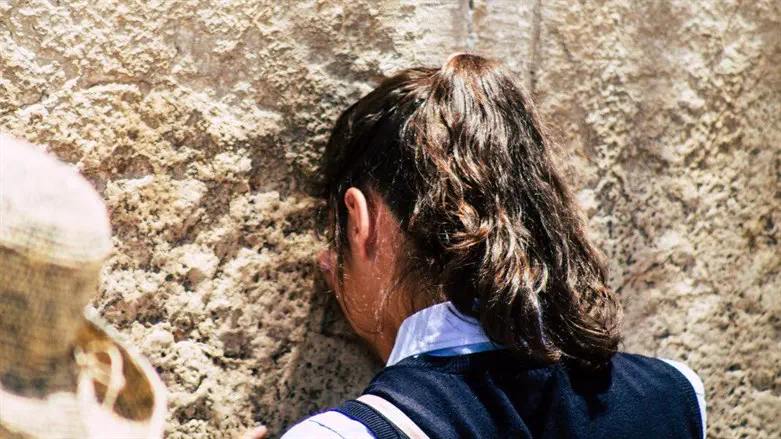
Today, the third of Tishrei which falls on Monday this year, the Fast of Gedaliah is held to mark the trragic assassination of the governor of Judea after the destruction of the First Holy Temple.
The beginning of the fast took place in Jerusalem at 04:55, dawn, and it ends (in Jerusalem) at 7:10 pm.
The Fast of Gedaliah is one of the four fasts that apply to the destruction of the Temple, in addition to the fasts on the tenth of Tevet, the seventeenth of Tammuz, all dawn to dusk fasts, and the 9th of Av which begins the previous night.
The Fast of Gedaliah symbolizes the end of hopes for restoring Jewish life in Israel after the First Temple’s destruction.
Under the wise guidance of Gedaliah, a Jew appointed by the Babylonians as governor of the kingdom of Judah, those Jews that had remained after the Babylonian exile began to rebuild physical and spiritual life in the land of Israel. Likewise, Jews who had fled to neighboring lands began to return to the land, hearing of the revival being spearheaded by Gedaliah.
However, hopes for revival in Israel were slashed when Gedaliah was assassinated by Ishmael, the son of Nethaniah, a descendant of the royal house of Zedekiah, the last king of Judaa. Ishmael, jealous of Gedaliah's position, enlisted the help of the king of Ammon to carry out his nefarious plan, and Gedaliah, a pious man, disregarded the warnings of his follower Yohanan ben Kereah who had gotten wind of the plot.
This event led the Jewish community in Israel to flee to Egypt to escape the wrath of the Babylonian king Nebuchadnezzar, despite the prophet Jeremiah's advising them to stay, and most of these Jews ultimately perished during Nebuchadnezzar’s invasion of Egypt several years later.
The fast is the third of the “Ten Days of Repentance” that fall between Rosh Hashanah and Yom Kippur, days characterized by prayer, repentance, charity, careful attention to the performance of mitzvot (commandments) and requesting forgiveness not only from God but from others who we have harmed. Extra prayers are said during this period, incluidng Avinu Malkenu at the end of the Silent Prayer and insert and word changes in the Silent Prayer itself.(See here and here for details.)
